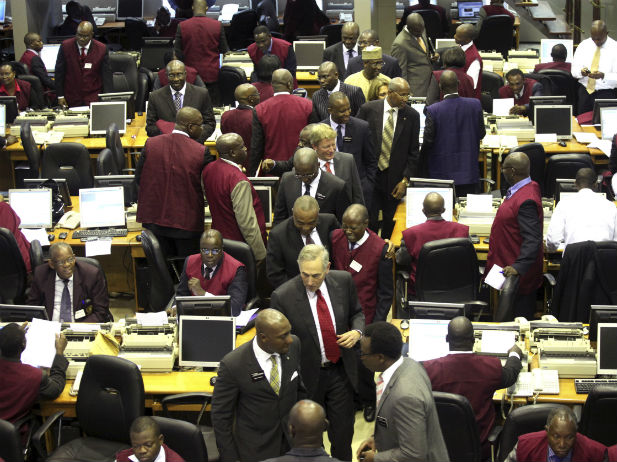Nigeria’s weighting on the Morgan Stanley Capital International’s (MSCI) Frontier Market Index rose to 7.9% from 6.5%, following the recent rebalancing of the index that saw Pakistan moving to the Emerging Market Index, according to CardinalStone research.
The MSCI index essentially captures large and mid cap representation across 34 Frontier Emerging Markets countries.
The increased weighting assigned to Nigerian Stocks would give more room to their tracking. However, a decision to review Nigeria’s status to “Standalone”, from the Frontier Markets Index is pending.
The MSCI Indexes are segmented by size, sector and geography, allowing for consistent global views and cross regional comparisons.
“We review details of the recent announcement by the MSCI ahead of the planned announcement (on June 20) of a reclassification (or not) of Nigeria to ‘Standalone’ status,” said CardinalStone Research.
There are 16 Nigerian stocks in the index.
A total number of 14 funds worth $969 million currently track the MSCI Frontier Index according to data from Bloomberg.
“We think that following the events of the past 1- 2 years, most of these funds sold off Nigerian equities and many are still underweight Nigeria,” the researchers said, adding that though the decision on reclassification still ahead, they expect a positive outcome.
Nigeria is currently under review for a potential reclassification as part of the MSCI 2017 Annual Market Classification Review.
The decision to review Nigeria’s status to “Standalone”, from the Frontier Markets Index, came on the heels of the liquidity issues that plagued the country’s FX market.
According to Morgan Stanley, the introduction of restrictions on foreign currency trading in the first half of 2015 as well as the huge scarcity of the green back resulted in a deterioration of market accessibility, and thus consultations with market participants would be held until a decision is taken and announced by June 2017.
However, following the Central Bank of Nigeria’s (CBN) consistent supply of FX to the market, liquidity has improved significantly across the market’s major segments – the interbank, the newly introduced investors/exporters FX (NAFEX) window and the parallel market.
According to FMDQ, total value of transactions at the NAFEX window is about $1.9 billion with average daily value of trades around $80 – $100 million. Also, the parallel market has appreciated significantly compared to the period prior to the CBN’s FX intervention (from NGN520/USD as at February to NGN375/USD today).
In recent weeks, the equity market has witnessed a rebound and has returned 16.7% Ytd following increased foreign participation (now at 45.84% vs. 40.83% in 2016 Ytd).
“We are therefore optimistic that Nigeria will be retained in the MSCI Frontier Markets Index when a decision is finally announced later this month,” they affirmed.
The announcement could set the stage for a further rally, considering that many of the funds that track the index may still be underweight.
On valuations, CardinaStone believes Nigerian stocks are still attractive despite strong rally
“We think valuations are still attractive even with the ongoing rally in the market. Nigerian banks for instance are trading at an average price-to-book ratio of 0.7x compared to a 1.4x P/B for its Middle East & Africa peers.”
“For example, Egyptian banks are trading at an average of 3.2x P/B while South African banks are trading at an average of 1.8x P/B. and when compared to pre- 2014 crash levels, there’s still a decent upside for many fundamentally sound stocks,” they said.








